Kids benefit from growing up in big families
January 23, 2018
The tagger is behind the house searching for the rest of your siblings. Three have been tagged and wait at the base. Two others hide in a pine tree in the back, and the other is hiding with you behind the couch on the front porch. By the time this round is over, dinner will be ready. The rule is last person tagged wins, so you and your brother decide to run for it while the tagger is searching elsewhere. You race to the old patio chair, which is a designated base. Yikes! The tagger sees you and begins sprinting. Now, everyone is wildly running to the base before the runner can tag them and before mom screams “supper’s ready.”
The above scene is just another Friday night with a big family.
Why would anyone want to have a big family? One simple answer: experience. Women who grew up with a big family are more likely to have a big family of their own, according to research. My mom and my dad (Joe and Laura Daughter) are living proof. They both came from families with six children, who lived right across the street from each other. They married and have eight children.
“To be honest, I didn’t plan it,” Joe Daughter said. “You guys just kept coming.”
One thing is for sure: there is never a dull moment in a big family. There’s always a game to play and always someone to play with. Friends will always want to go to the house and join in on the fun. Hide and seek gets super competitive, and there can be full team games for basketball or baseball.
There is always a birthday or anniversary to celebrate and Christmas is a minefield with presents. Siblings are like built in friends. They’re for life, and they’ll always be there for you.
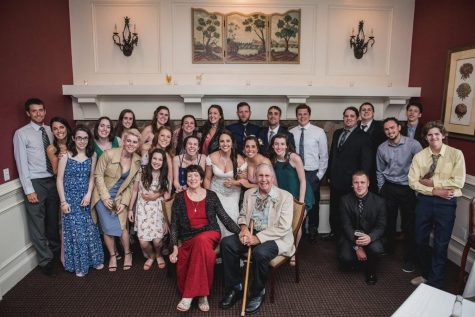
Kids who have several siblings tend to grow up healthy, and they often possess strong social skills. According to a study by the Journal of Research in Personality, siblings have a different way of achieving goals. Firstborns may be more motivated to learn, whereas second born children may be more motivated to win.
Studies have also shown that growing up with siblings have fewer allergies and fewer cases of obesity. Kids who have siblings tend to run around and play more than an only child. Also, children with siblings reduce calorie intake compared to an only child that may eat more simply because they eat with adults who have bigger portions. Having more of kids in one house means more dishes and messes. However, there are more hands to help out around the house.
There has also been research that shows that children with siblings tend to be healthier, especially if parents divorce or one of the parent’s dies.
Having lots of siblings is great because if a wardrobe is looking a little dry, someone can always sneak into a sibling’s room and borrow an item. Unless they get caught, then it’s a fight to the death, with the parents as unwilling judges.
Junior Andrew Christman has eight siblings, “My favorite thing about having lots of siblings are the hand me downs and games,” said Christman. “You don’t need to have a party to play a game made for eight people when you have that many people living with you.”
Family size has decreased over the years. A study shows that in 1960 the average number of people per household was 3.33. In 2016, it averaged out to 2.53. That means it is more important than ever for kids to get together in their neighborhoods and in a sense, create their own big families.
http://www.bbc.com/news/magazine-23778123 https://www.deseretnews.com/article/865611225/8-benefits-of-having-a-sibling.html
https://www.deseretnews.com/article/865611225/8-benefits-of-having-a-sibling.html


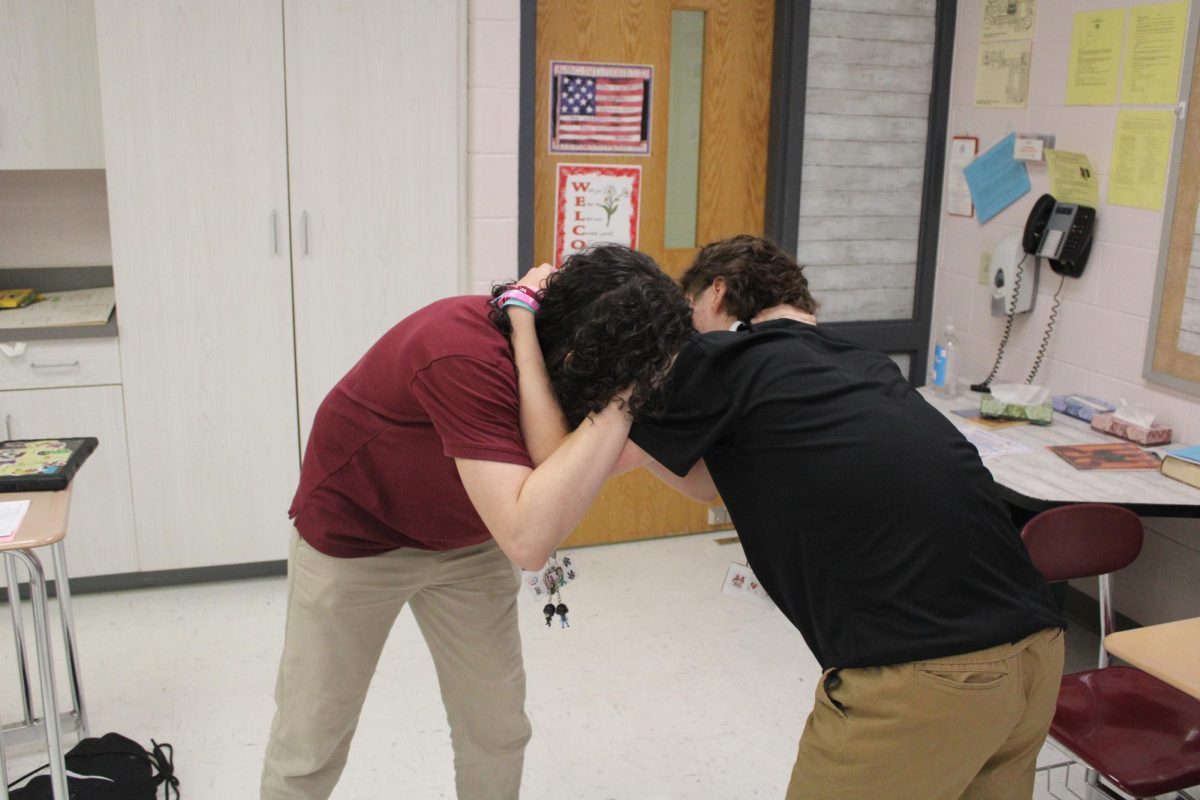
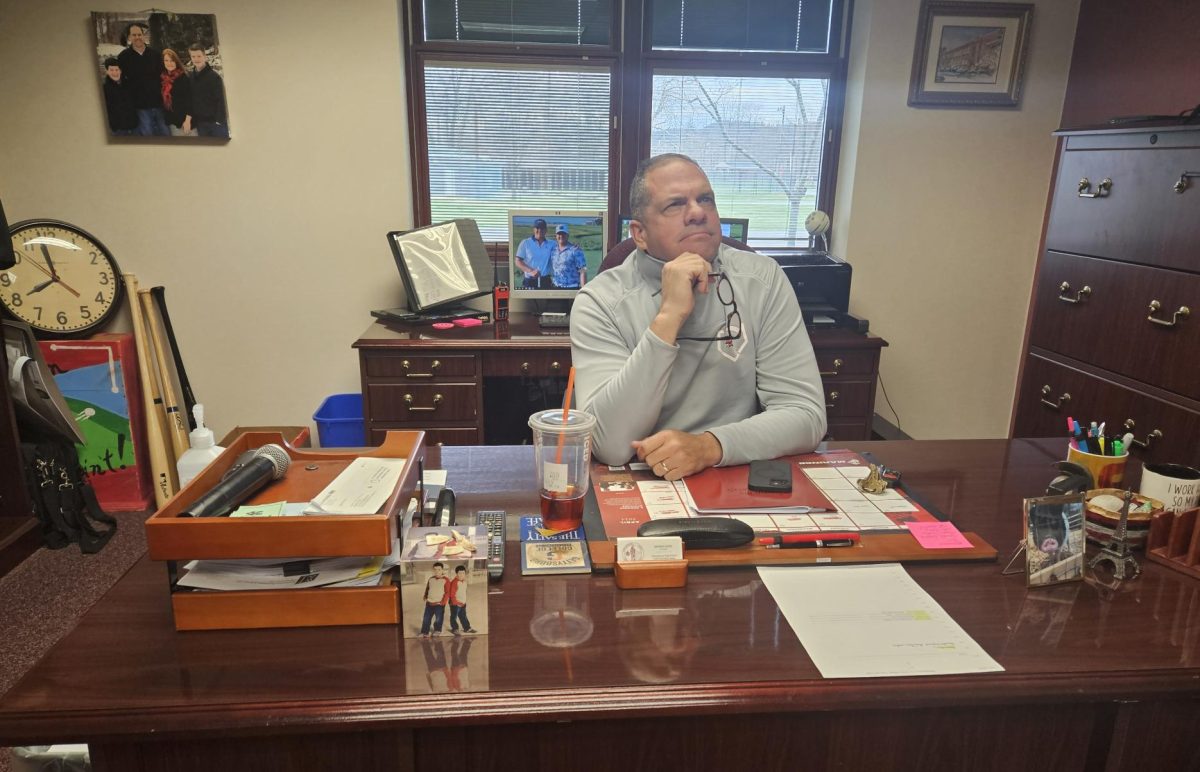


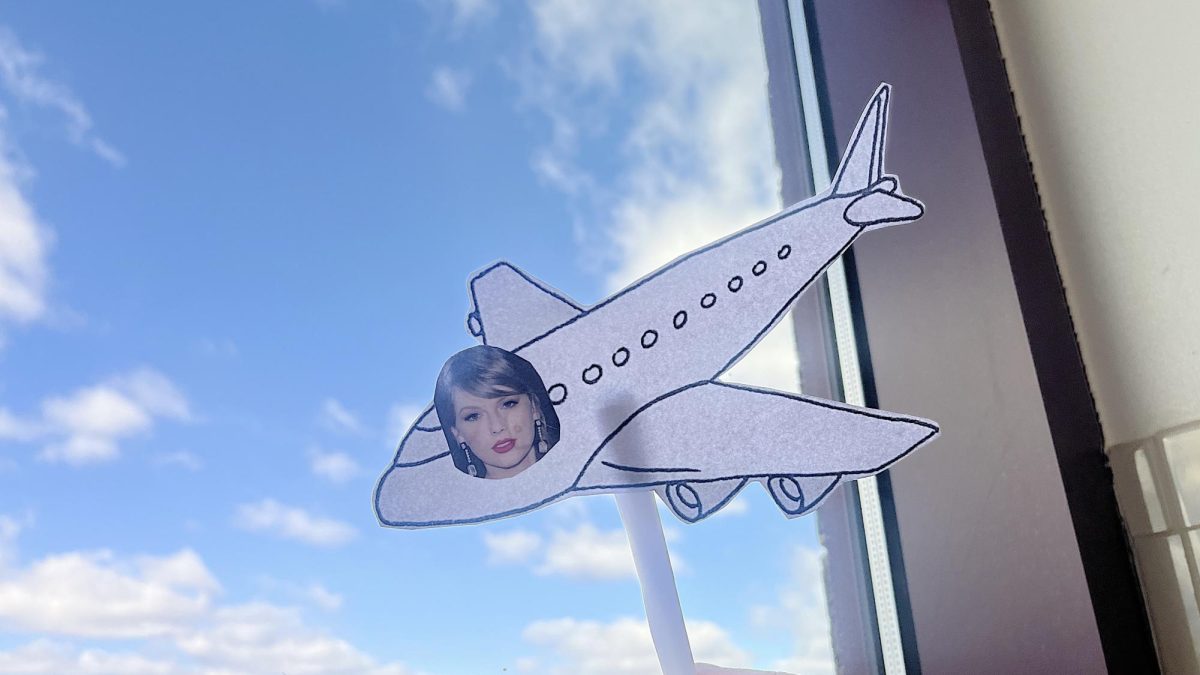
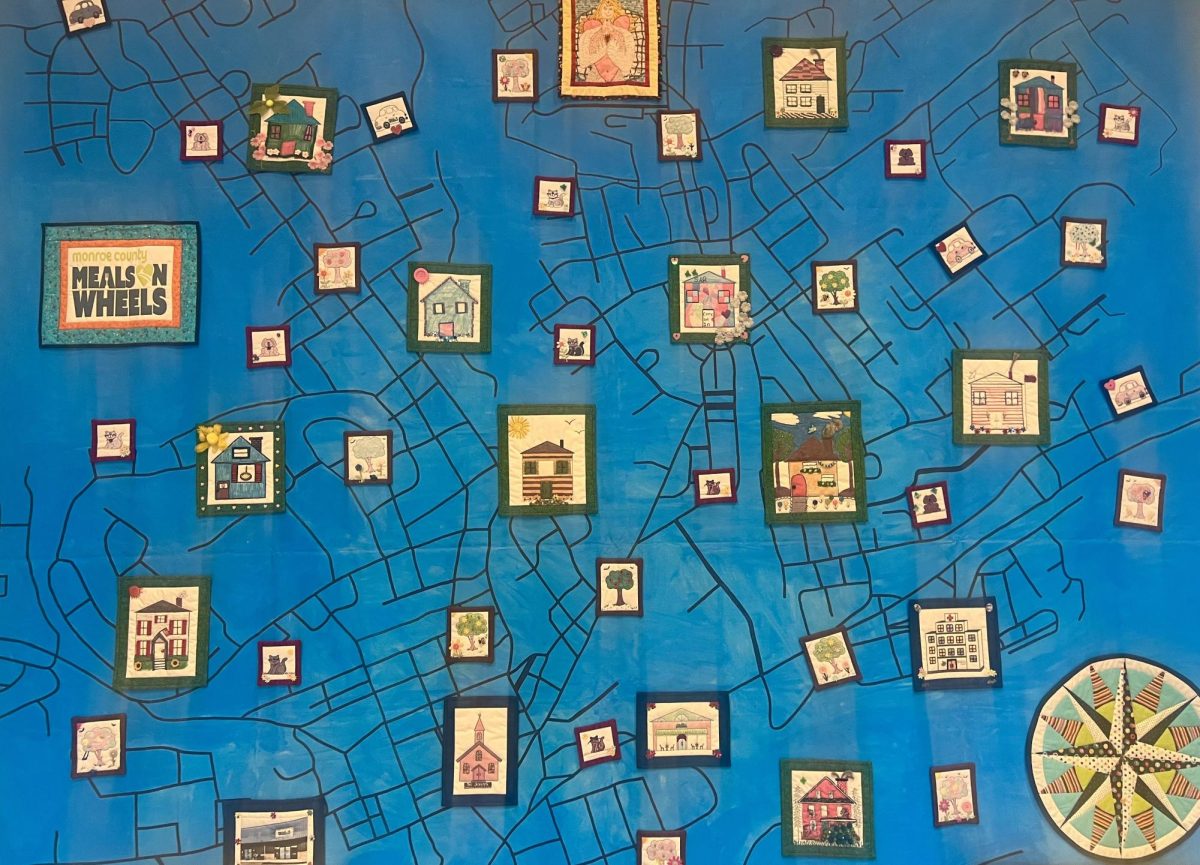
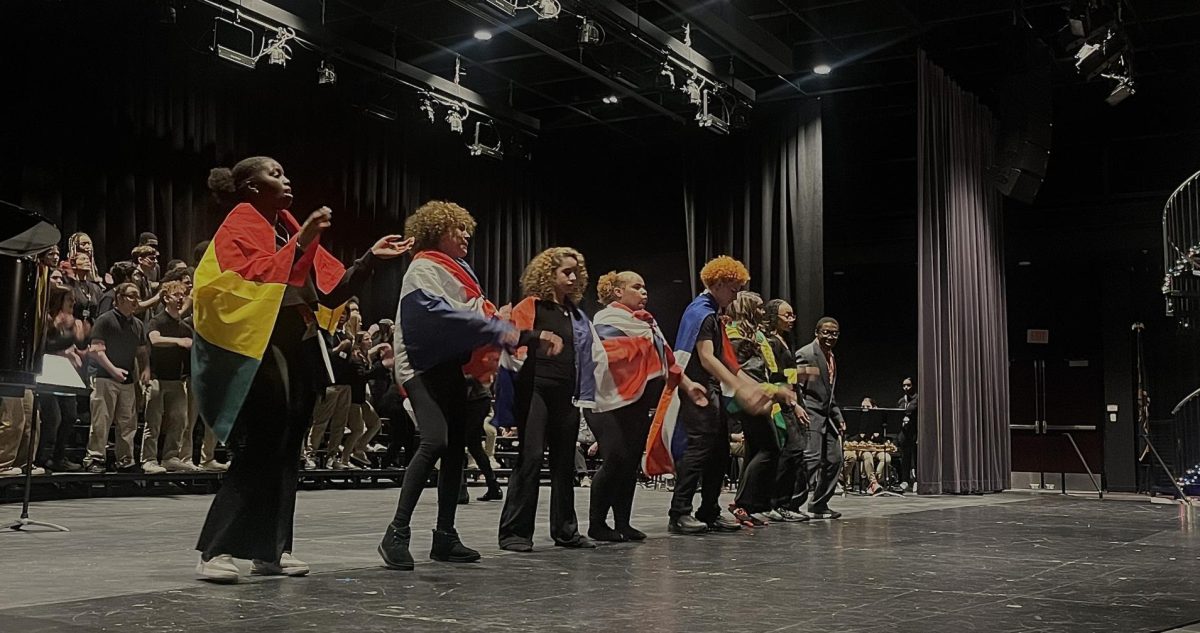




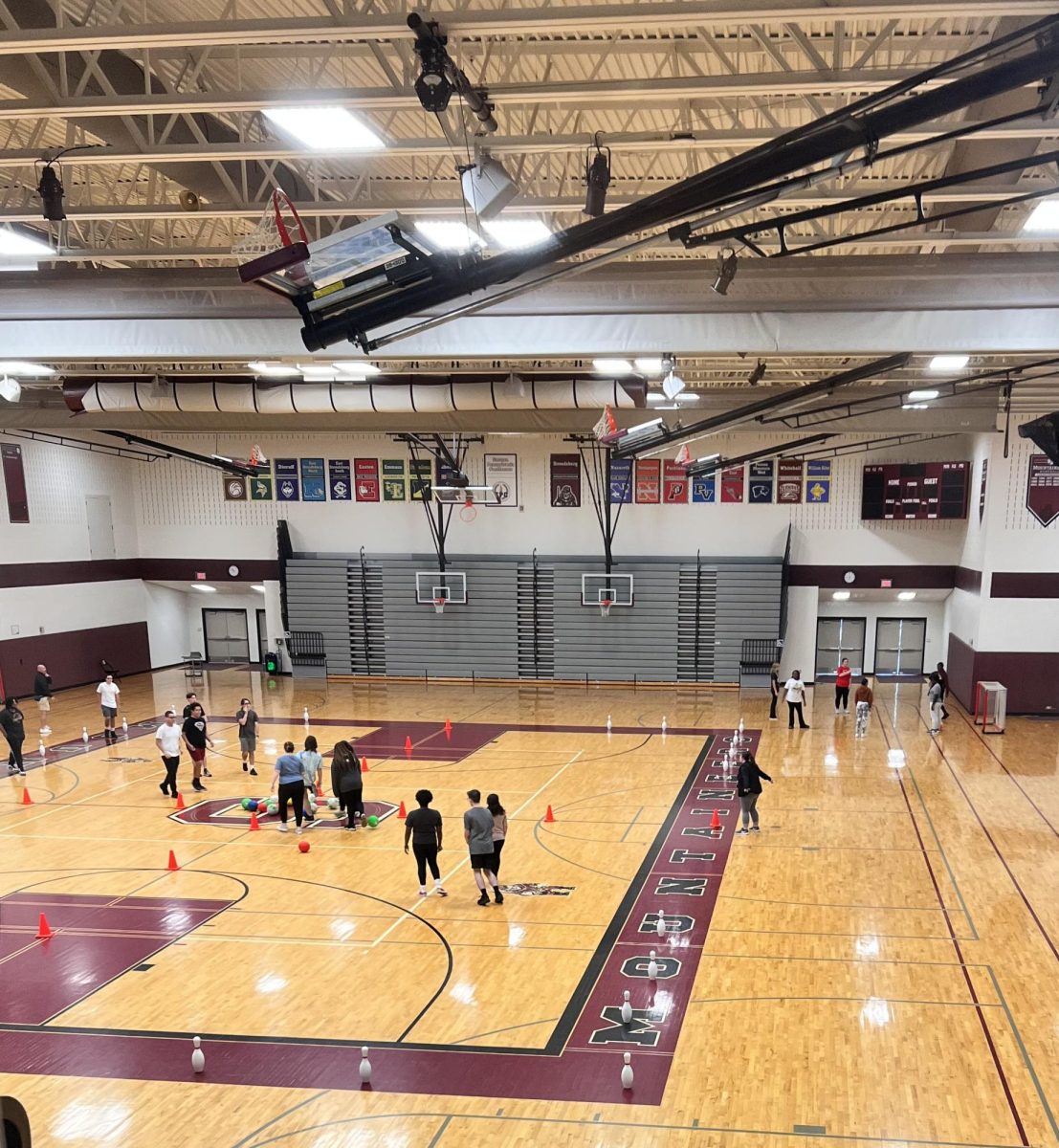

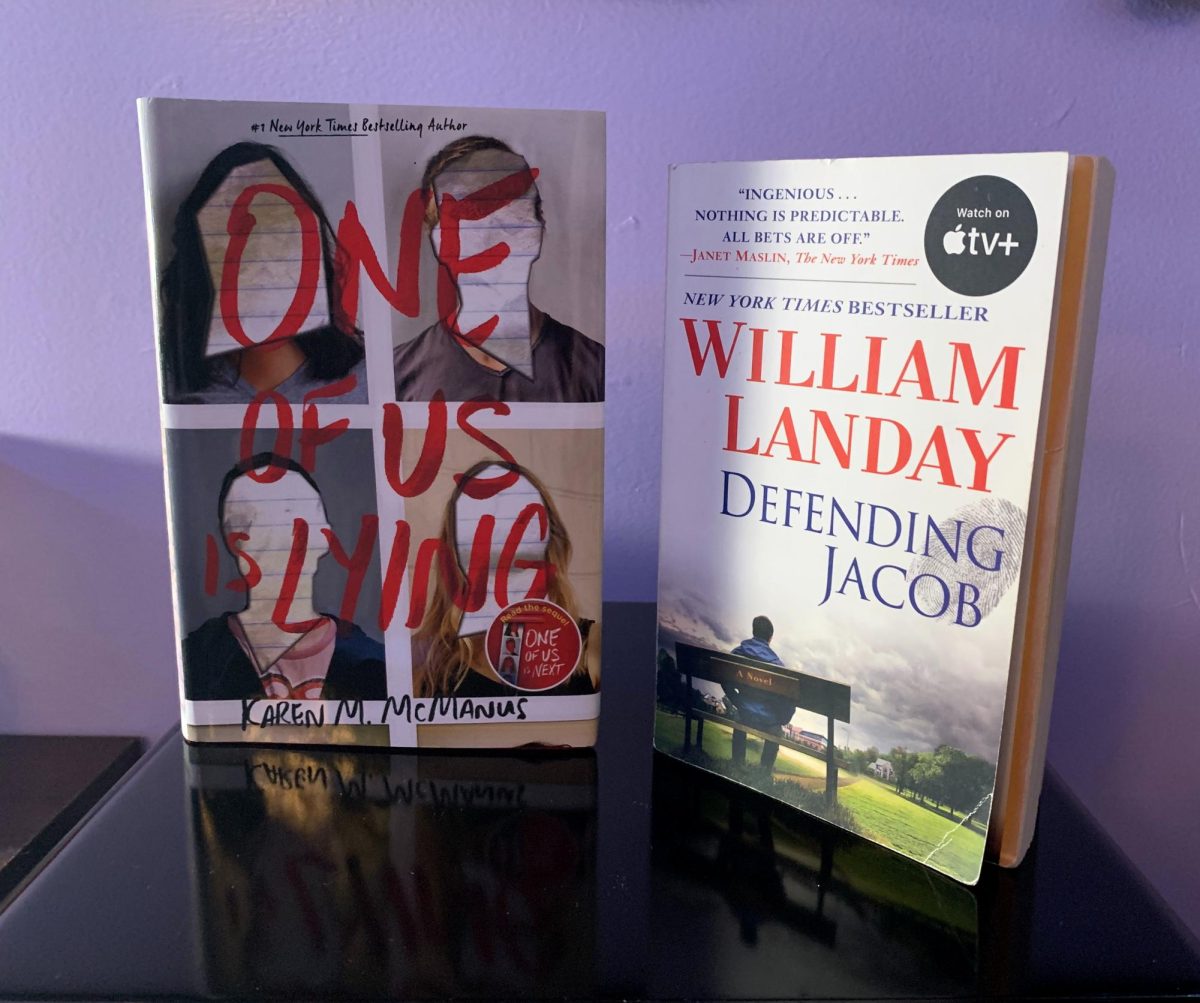





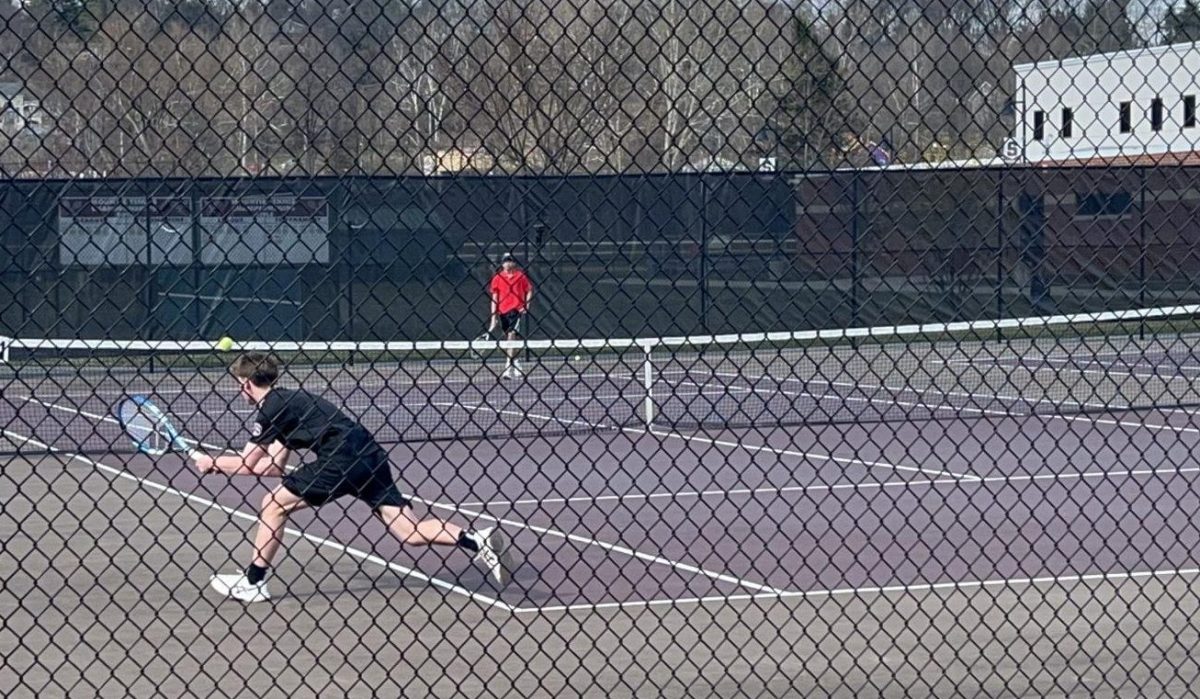




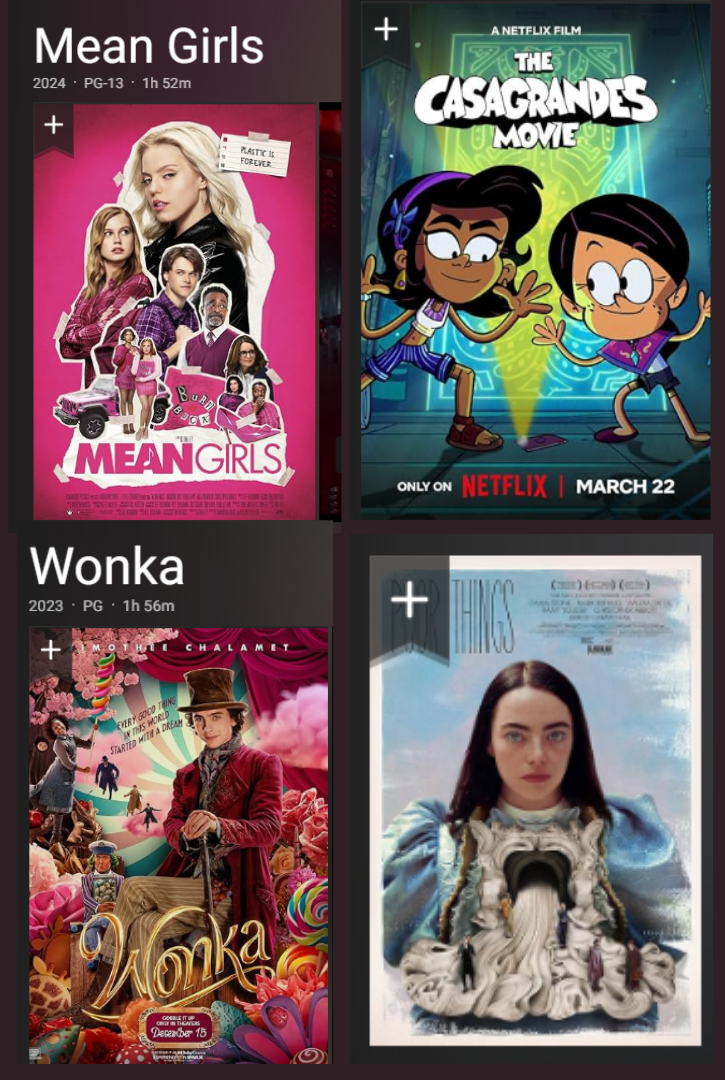


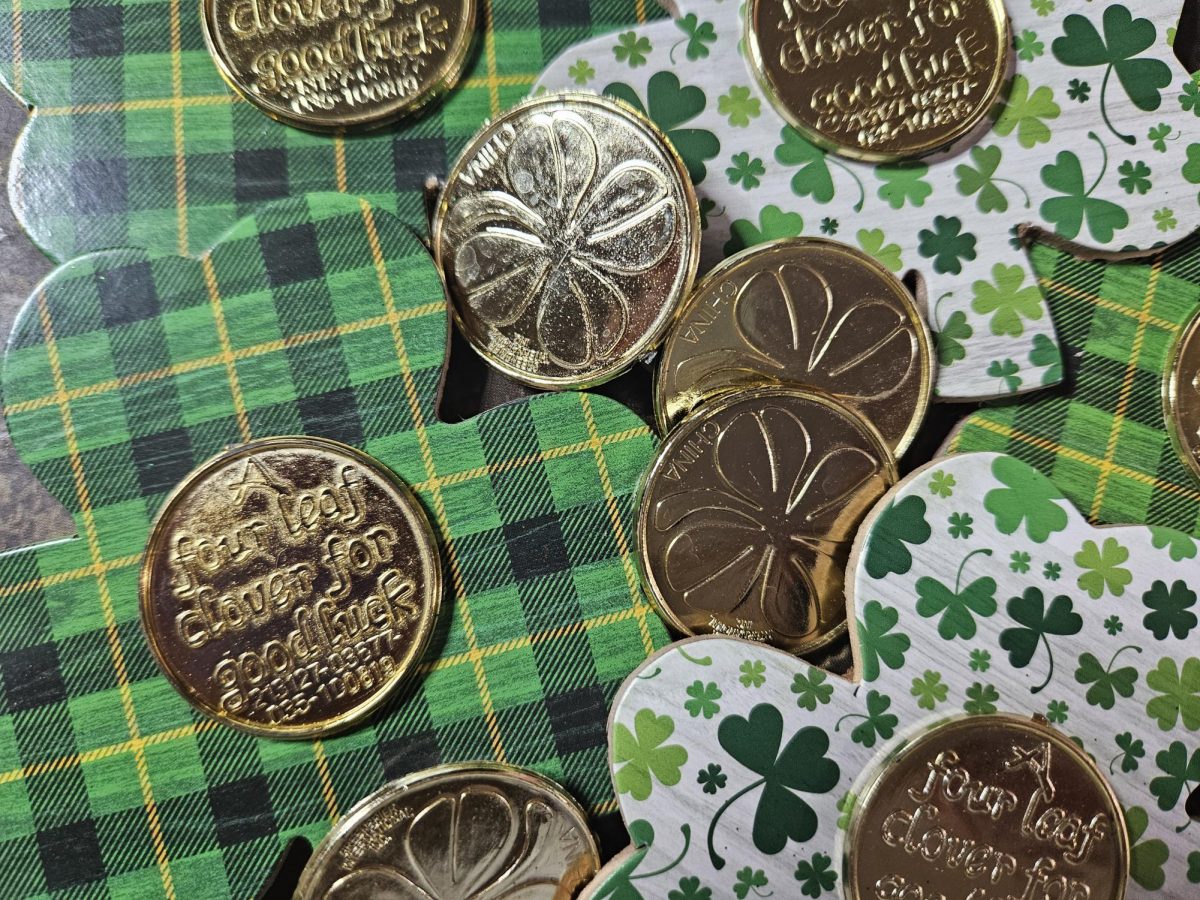


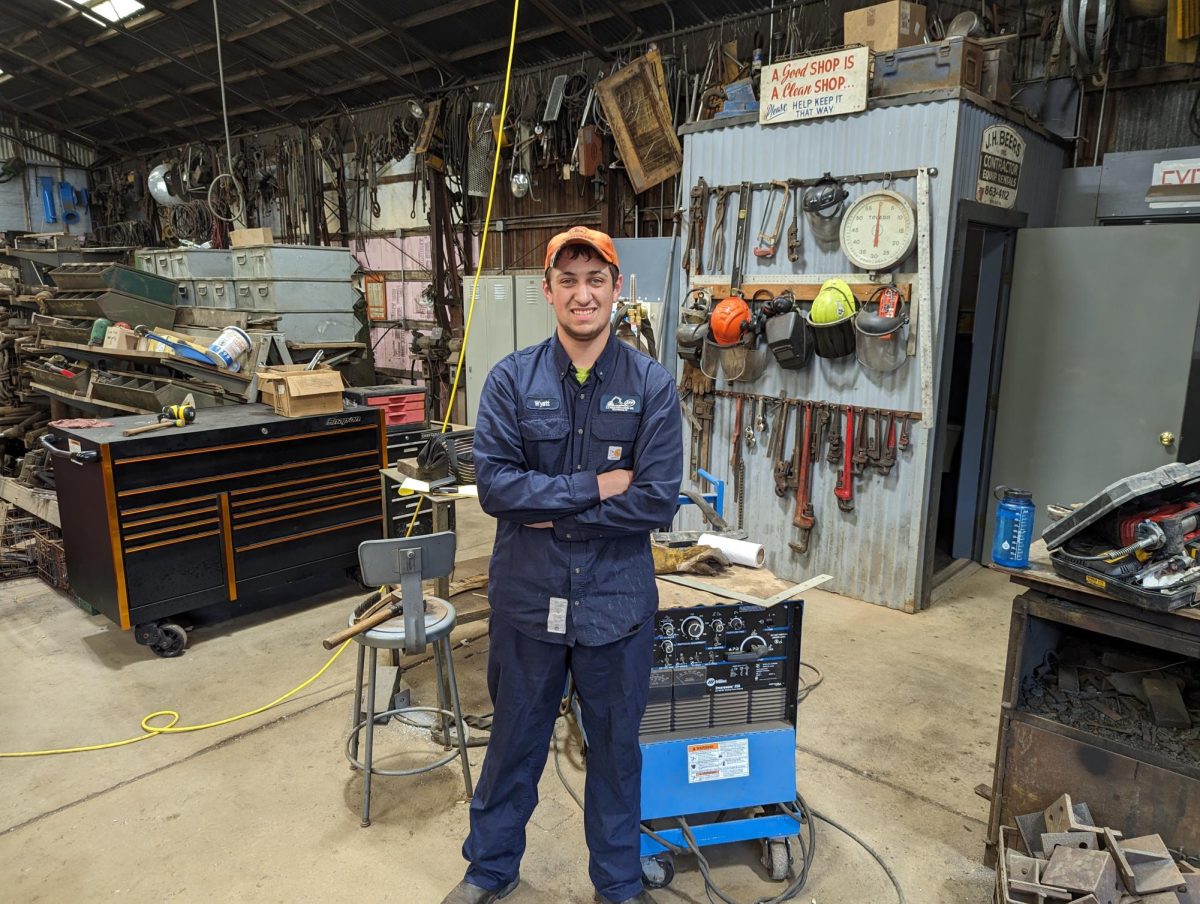
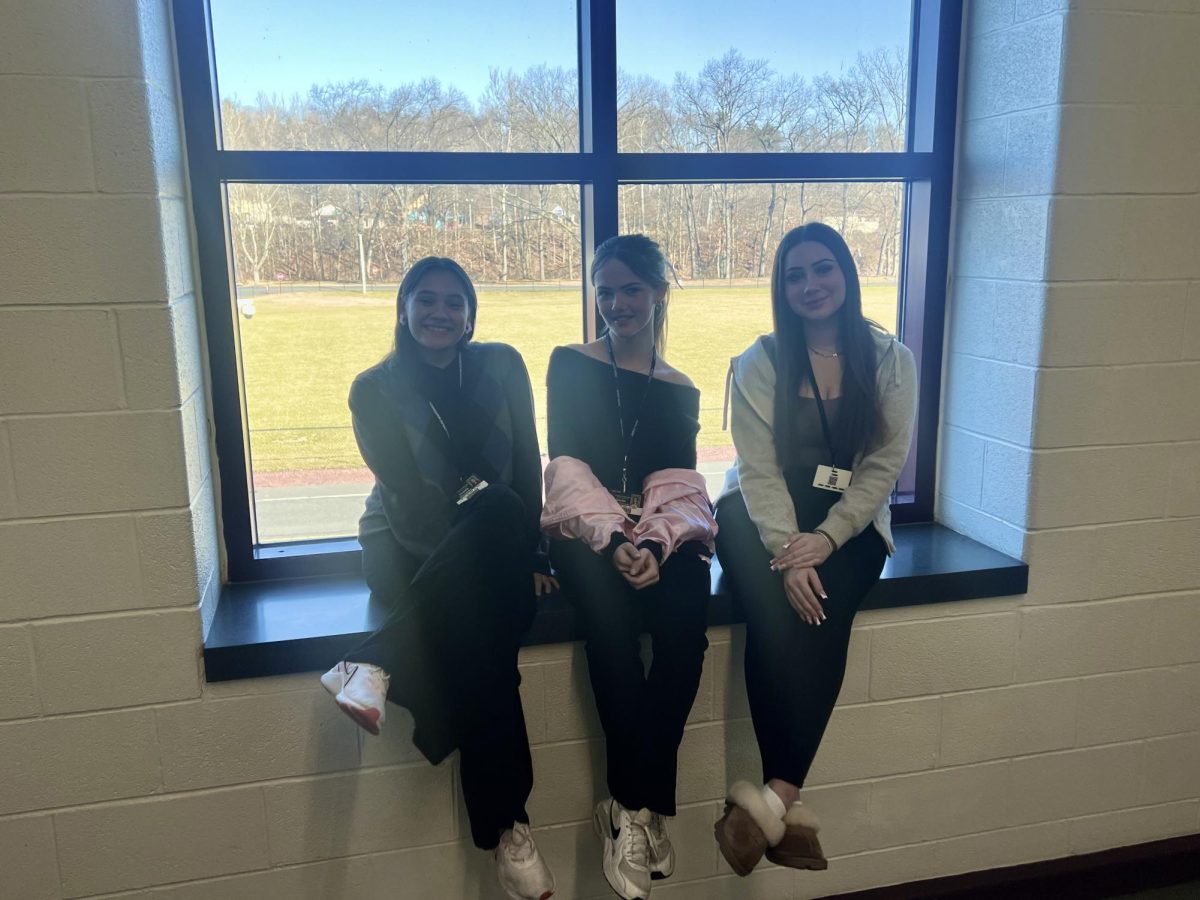
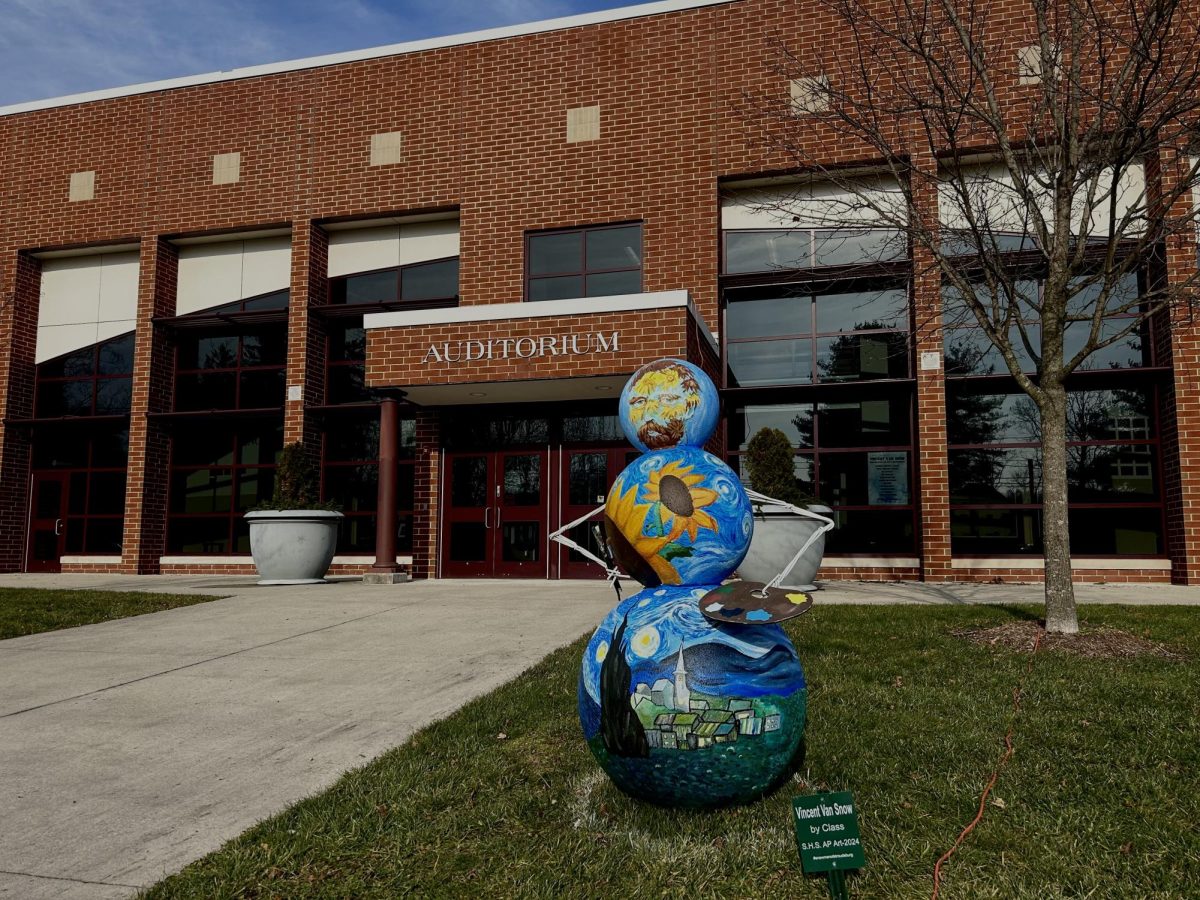








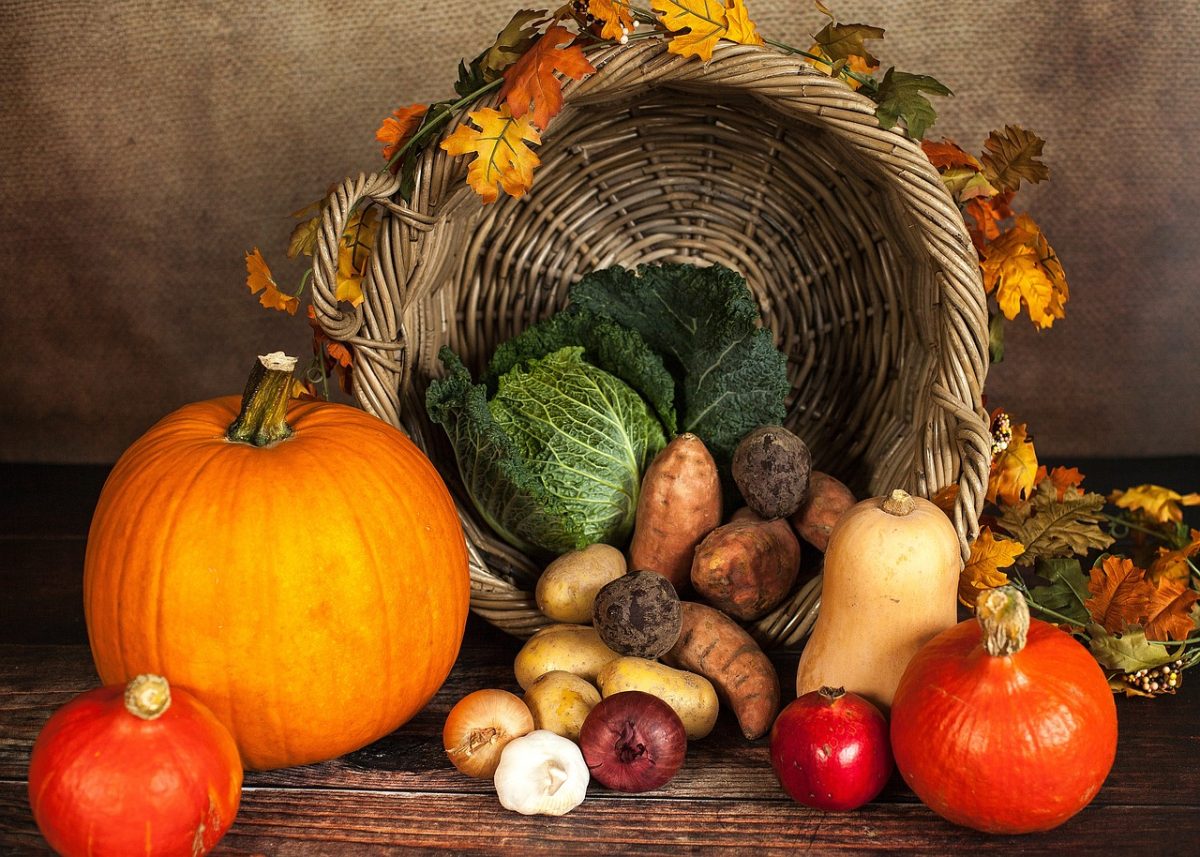
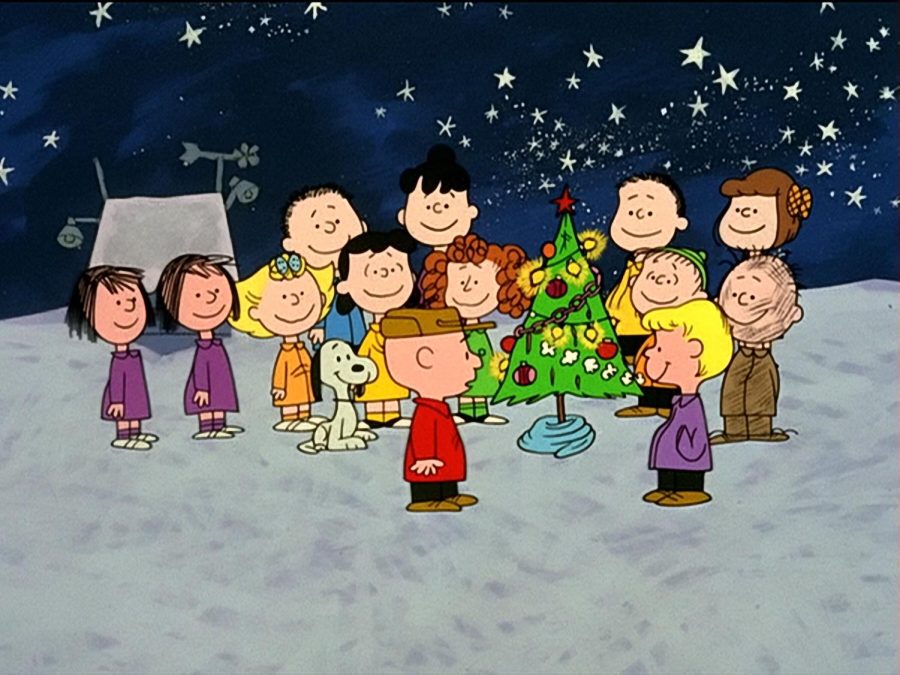


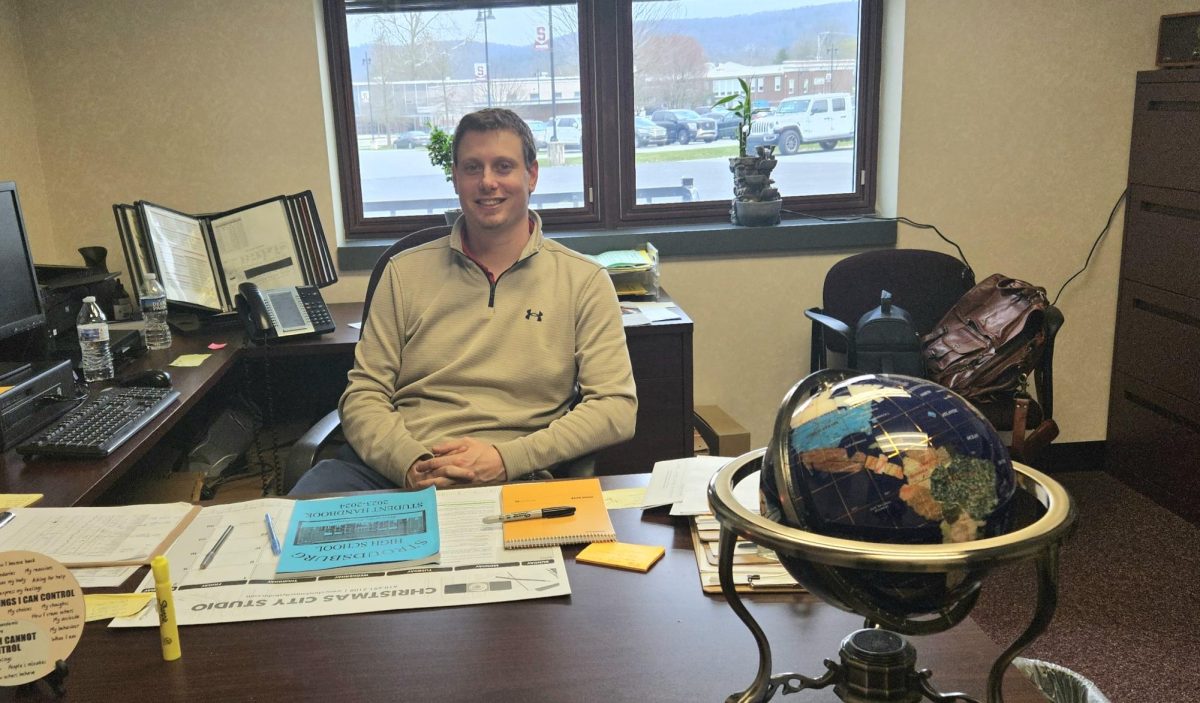





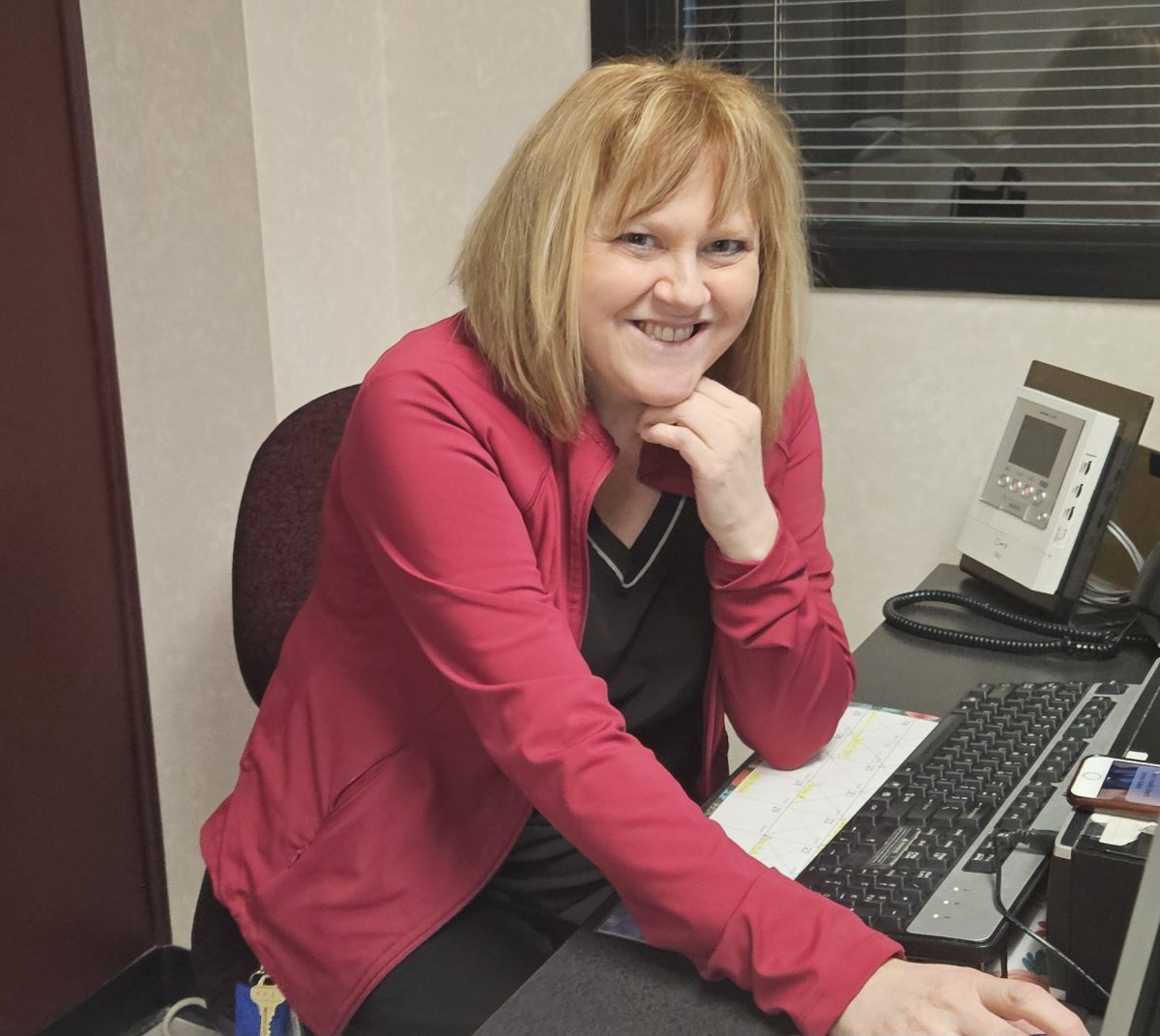
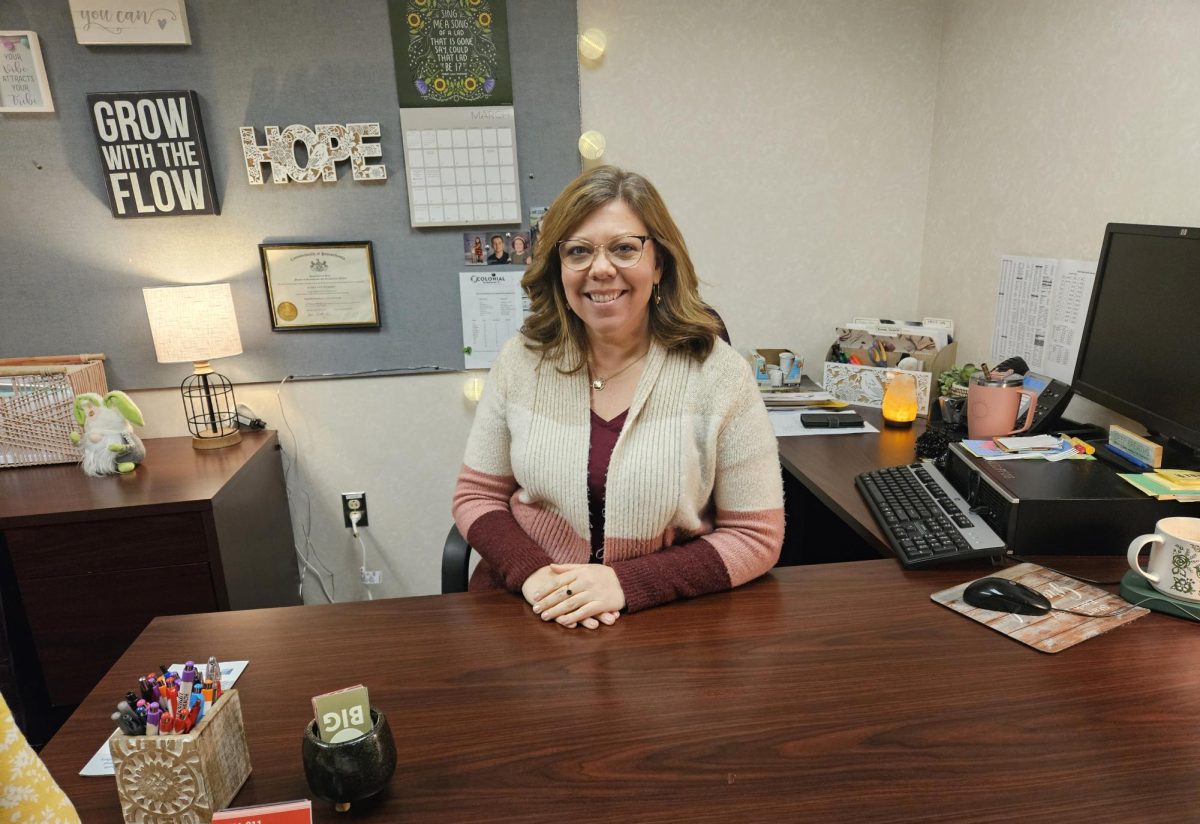





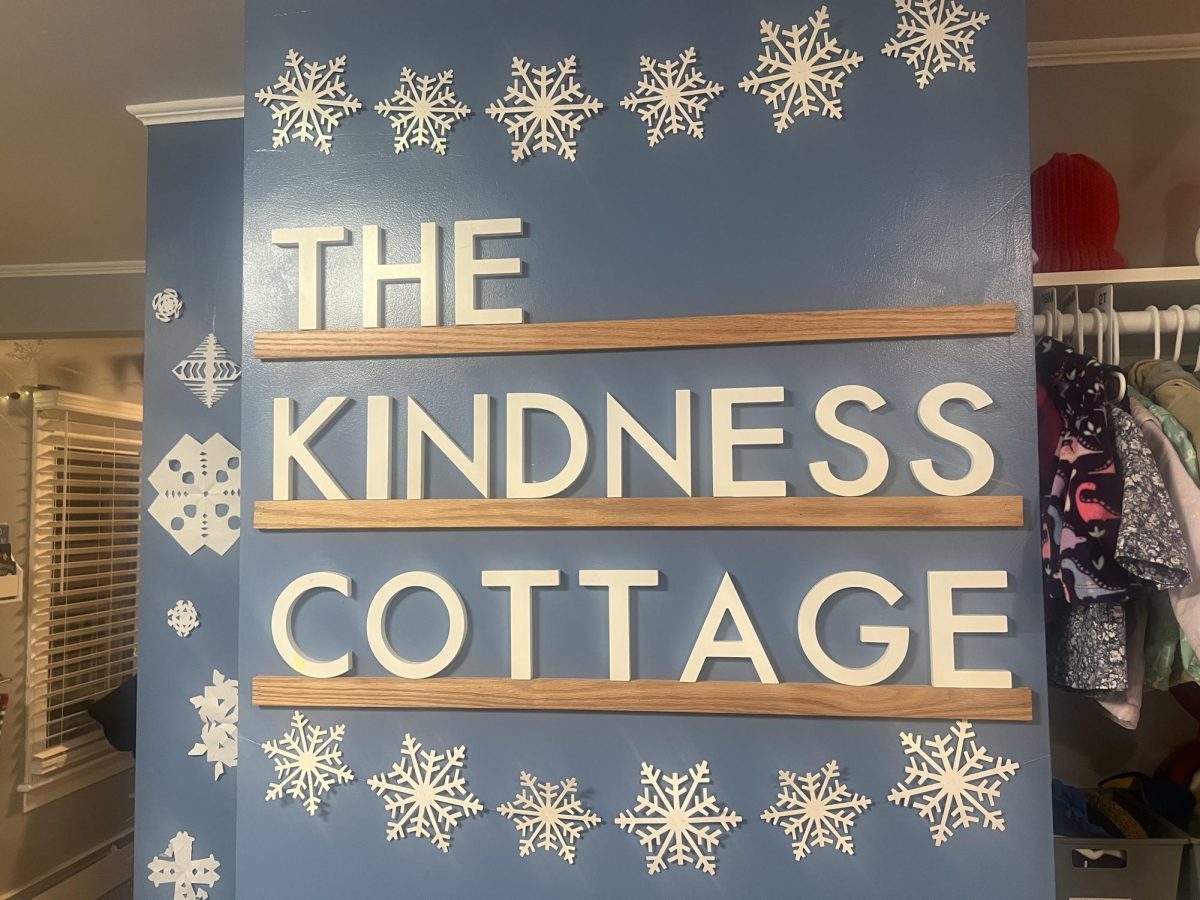
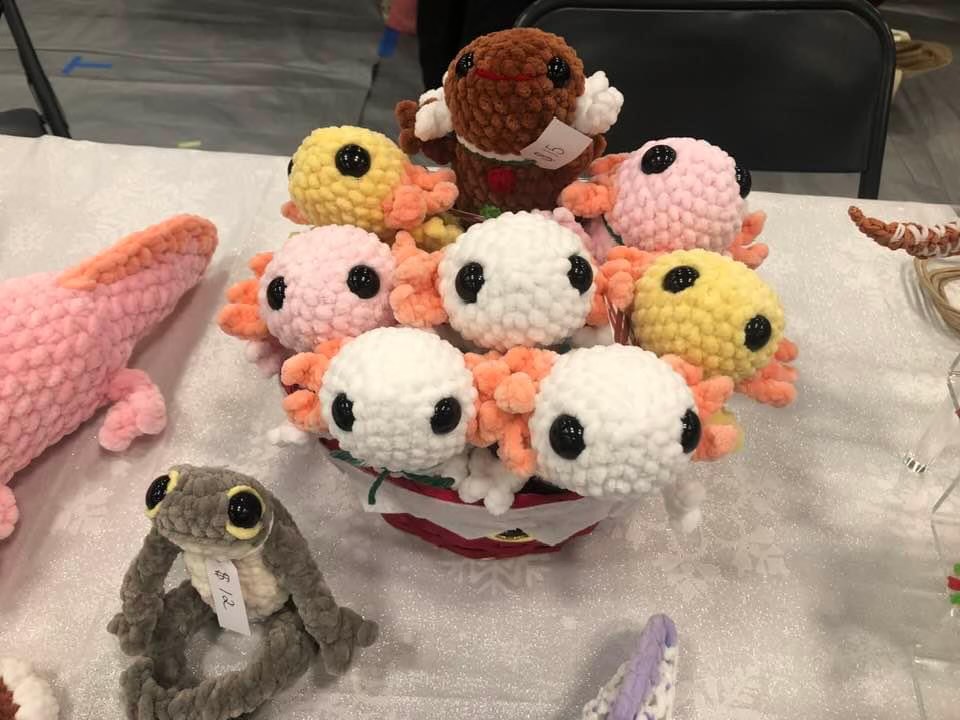

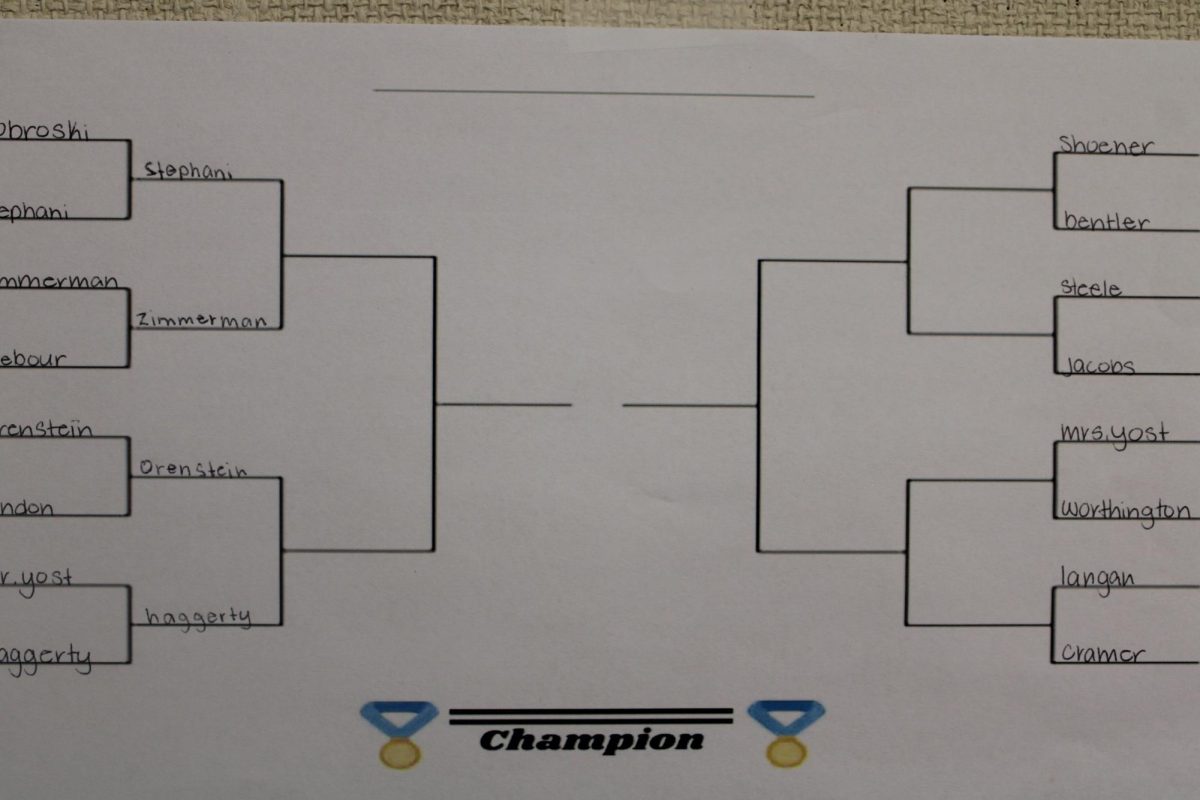
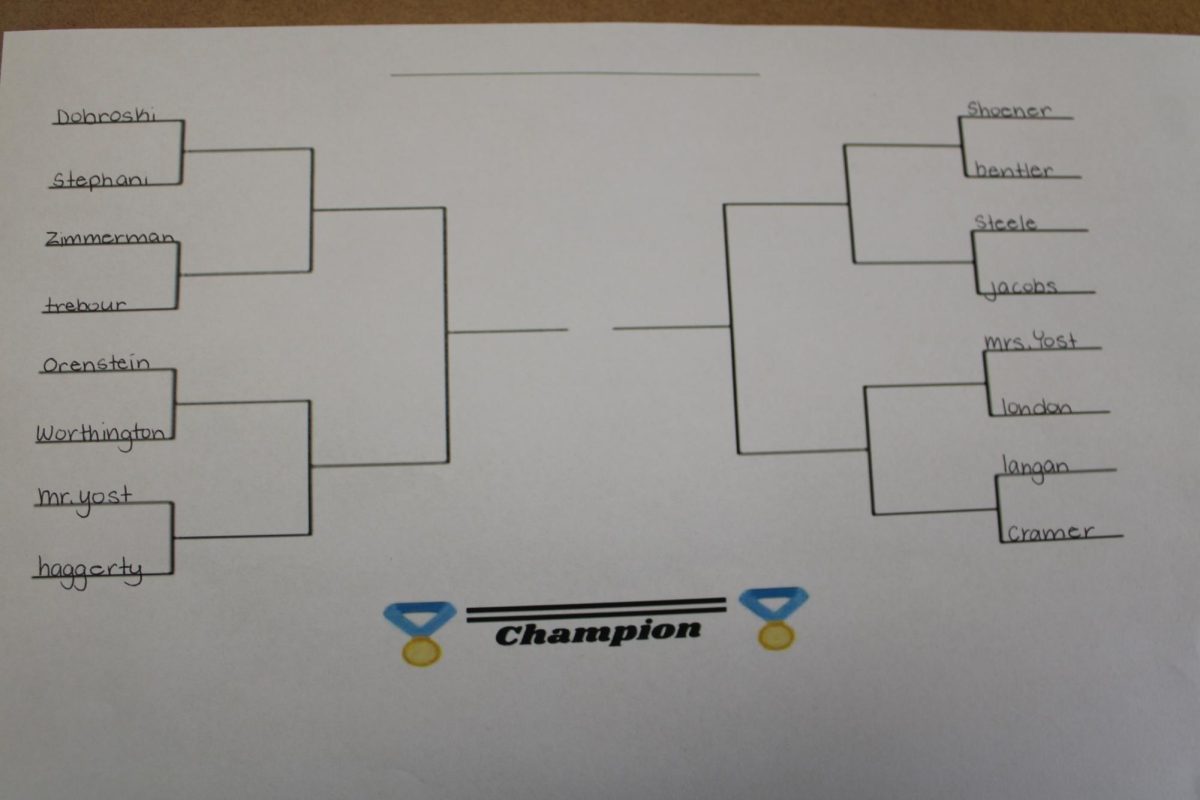
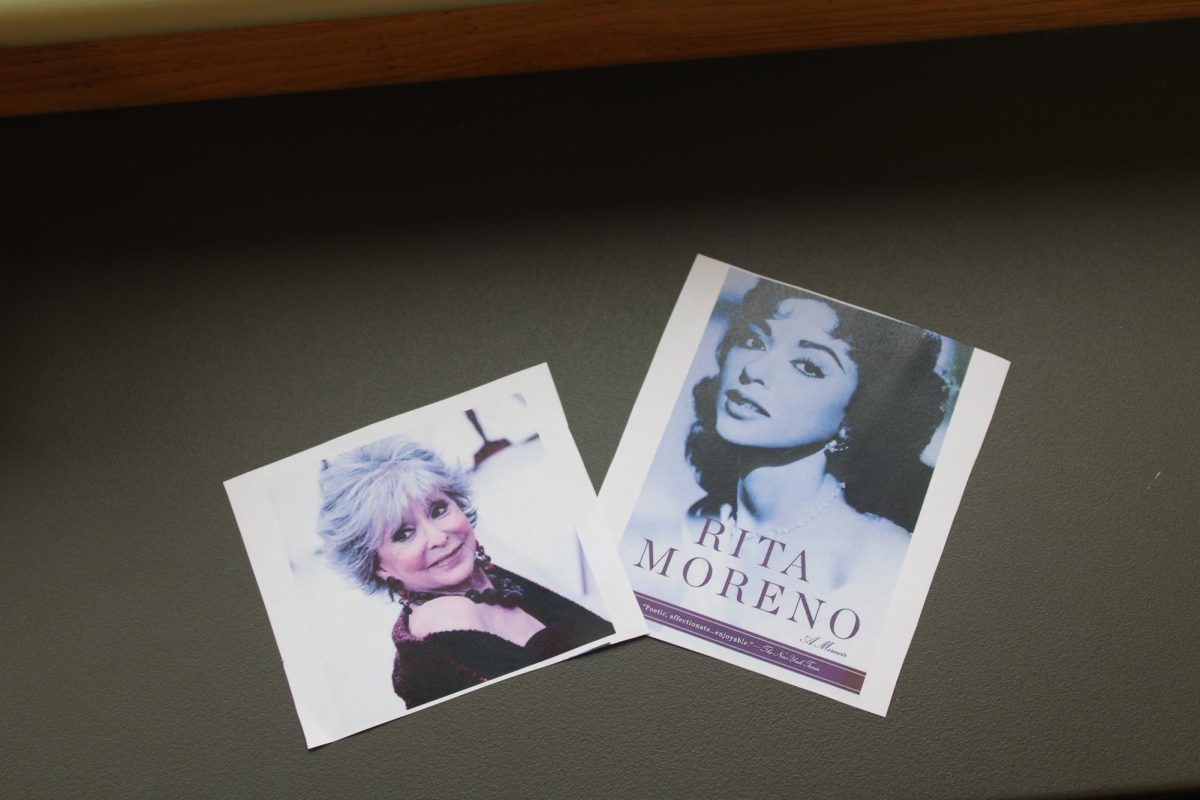


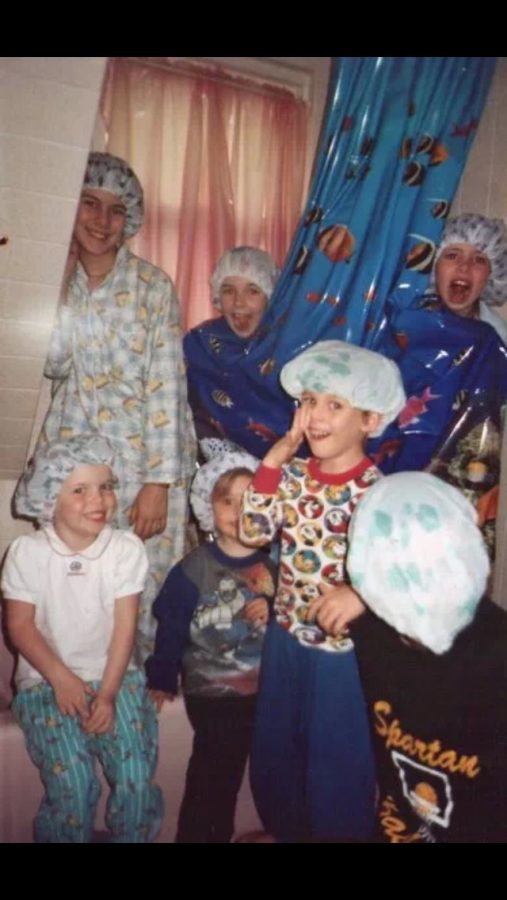

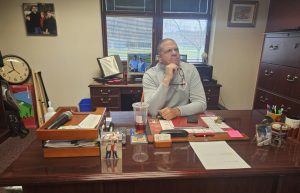

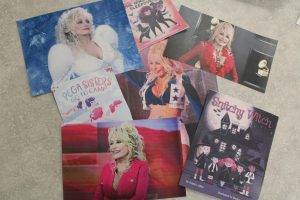




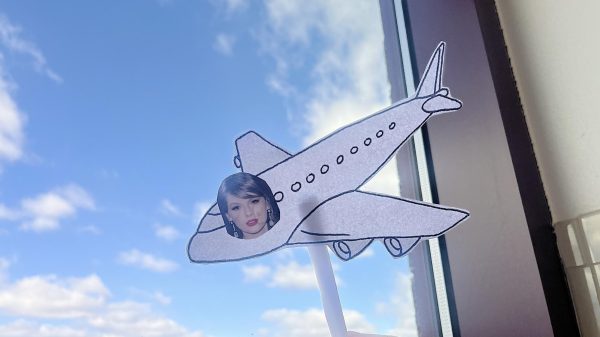
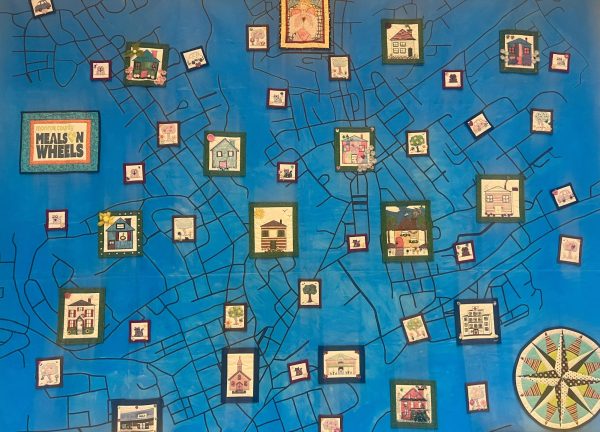


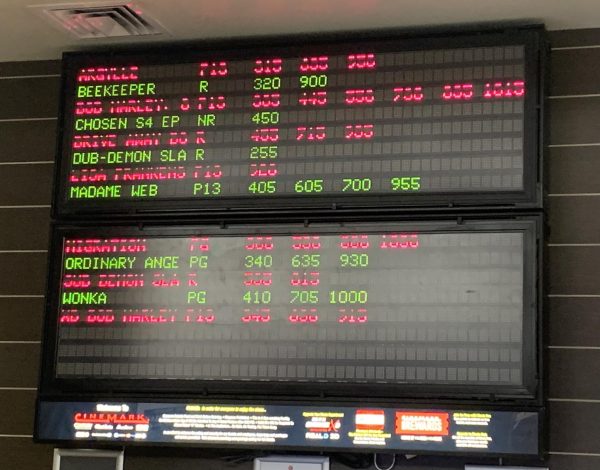


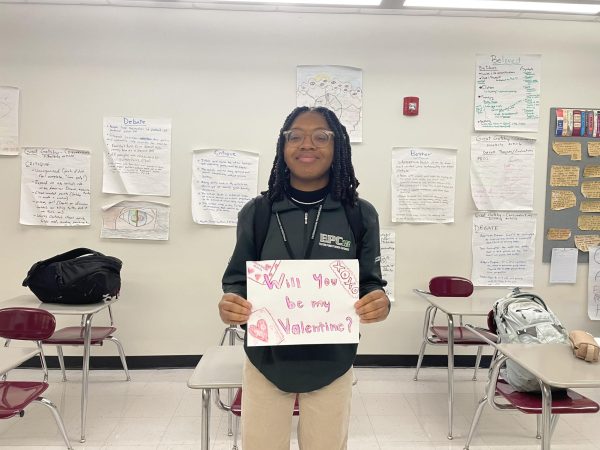
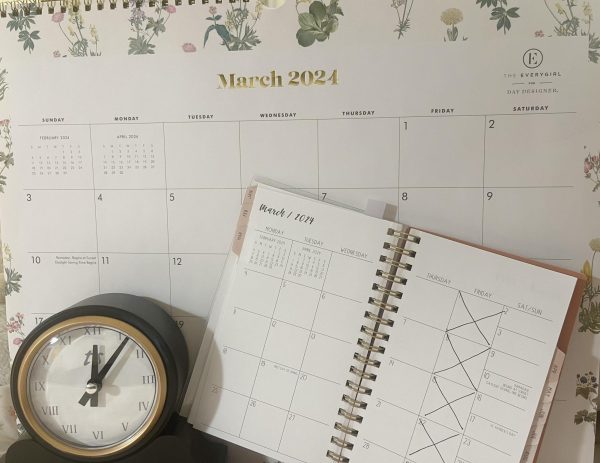

Matt. Varela • Mar 29, 2018 at 8:54 AM
Your father’s quote about “you guys kept coming”, made me laugh and gasp for air to continue laughing. I’m the 3rd child of my father and I have 4 (known) siblings that really improved my life whether it was down or good and this right here reminded me of the good times.
Sabine • Mar 29, 2018 at 8:50 AM
This is an amazing article! Good job!
Kelly • Jan 26, 2018 at 12:44 PM
The last sentence is my favorite part! Awesome article.
Kaila • Jan 25, 2018 at 7:30 AM
This is awesome! Great writing, cool pictures :)
Kristen Dougher • Jan 25, 2018 at 9:56 AM
Thanks Kaila ;)
Tala bross • Jan 24, 2018 at 10:11 AM
Amazing job kristen!
Kristen Dougher • Jan 25, 2018 at 9:56 AM
Aww thank you Tala!!